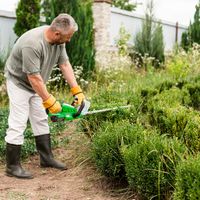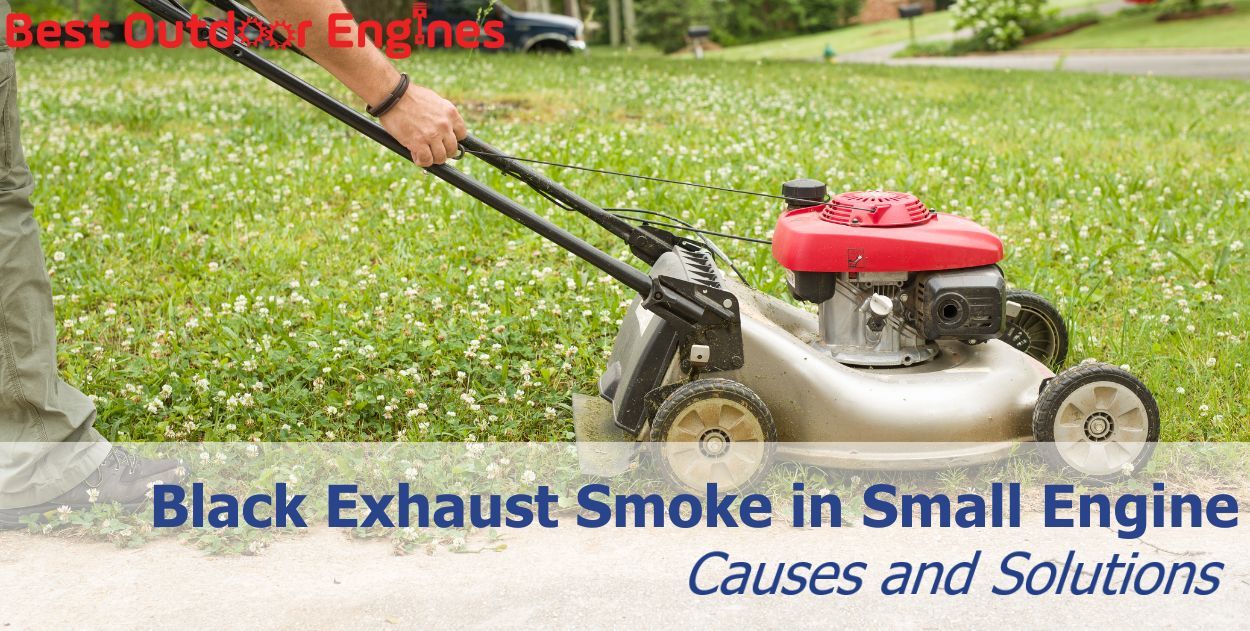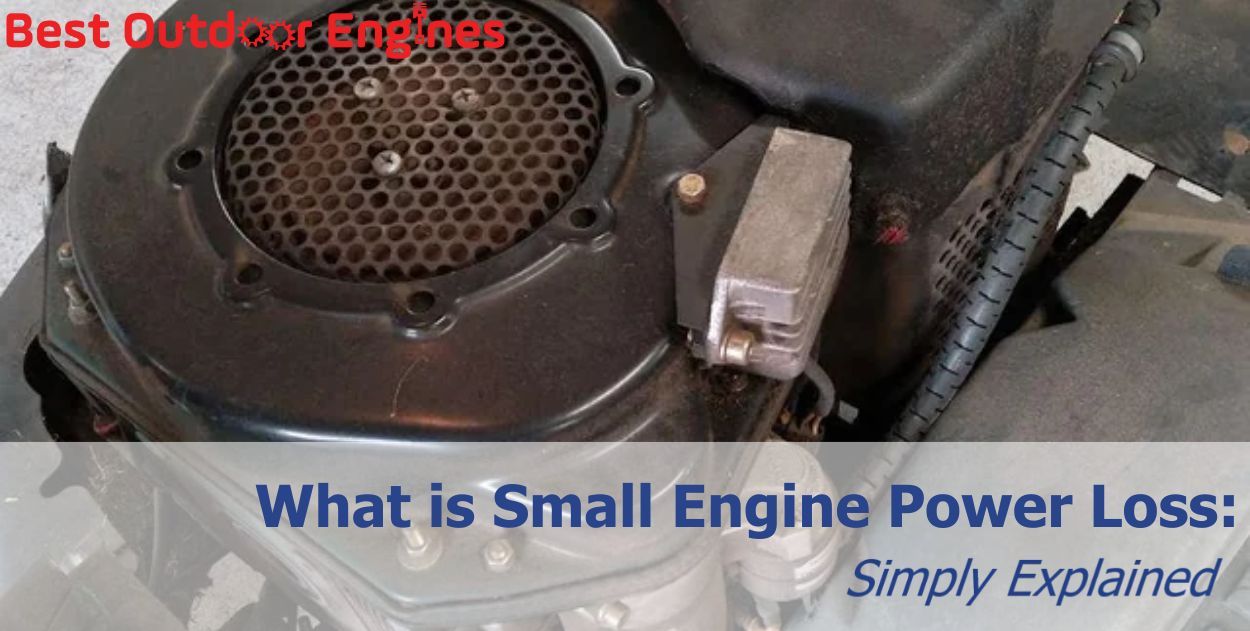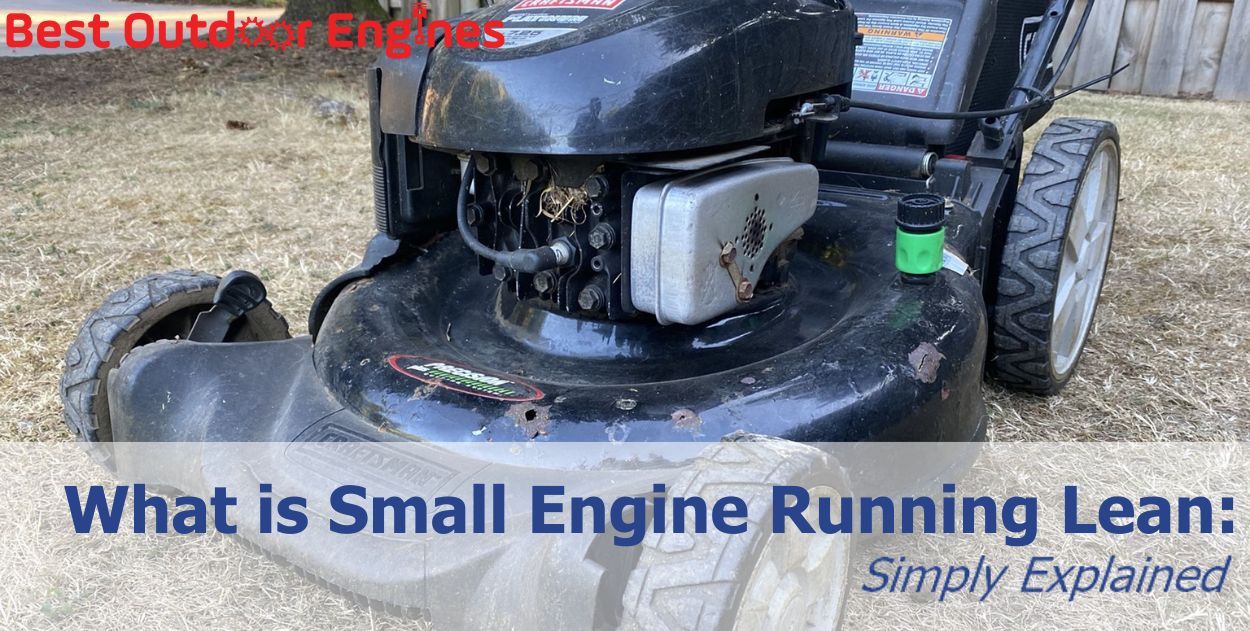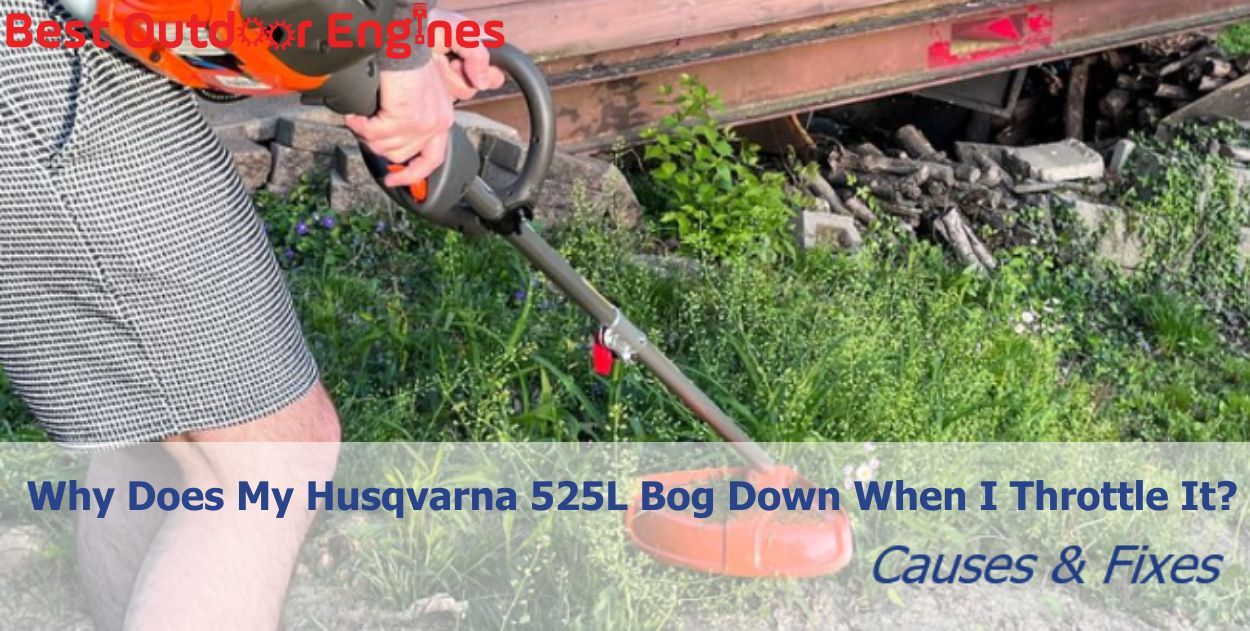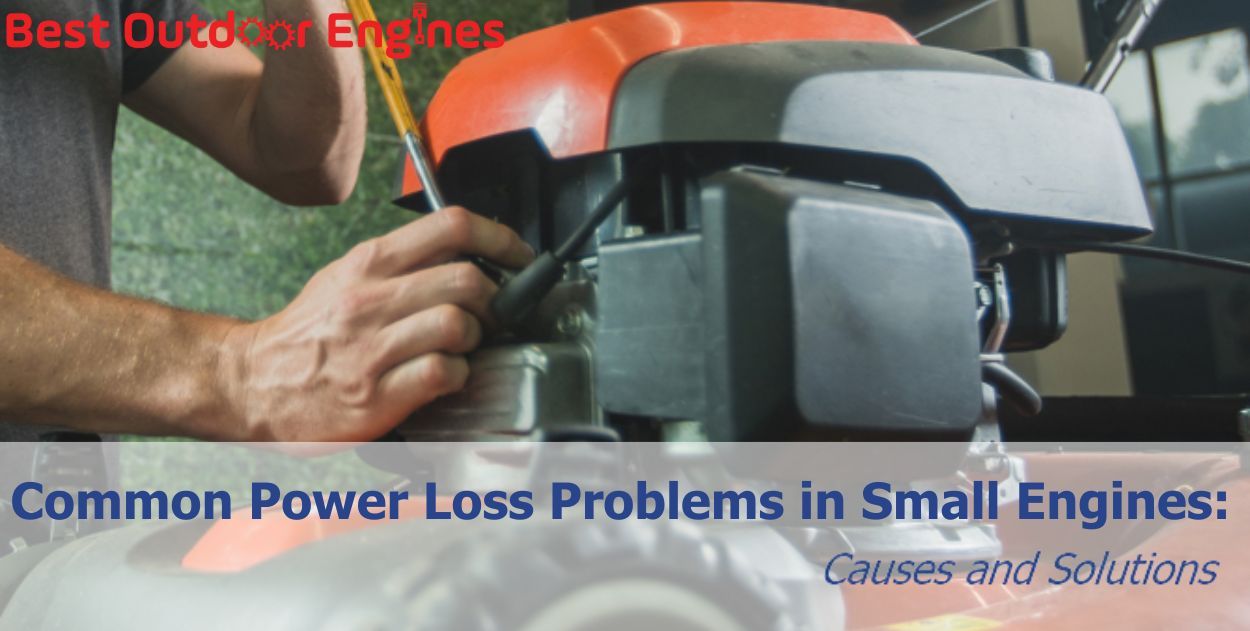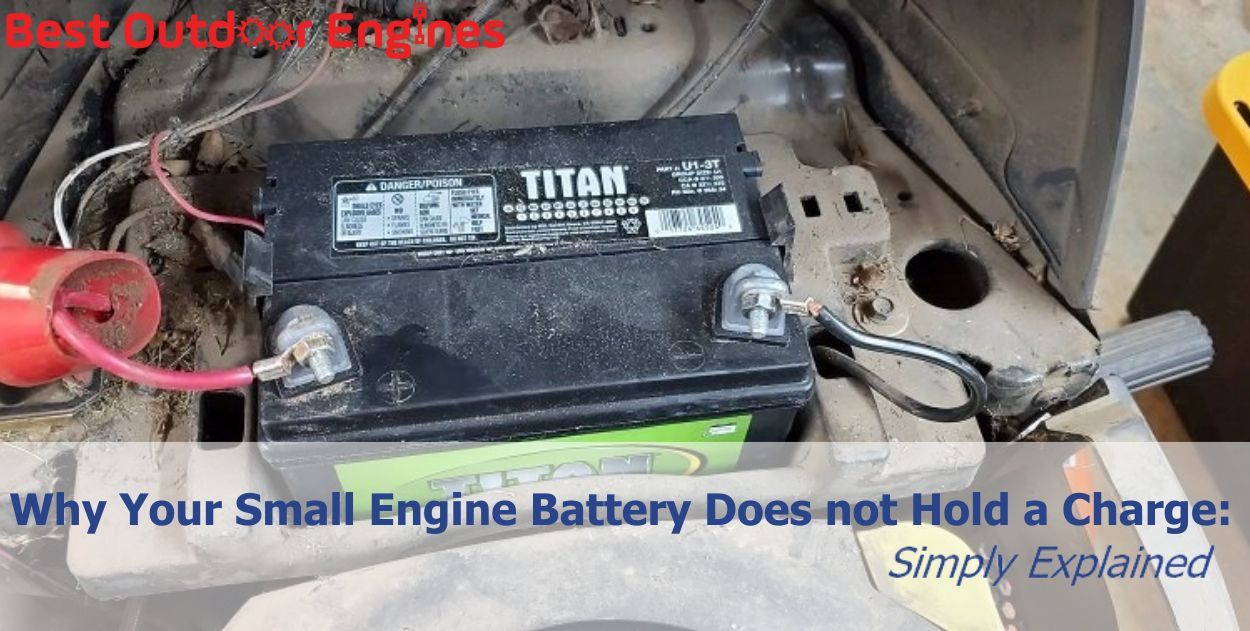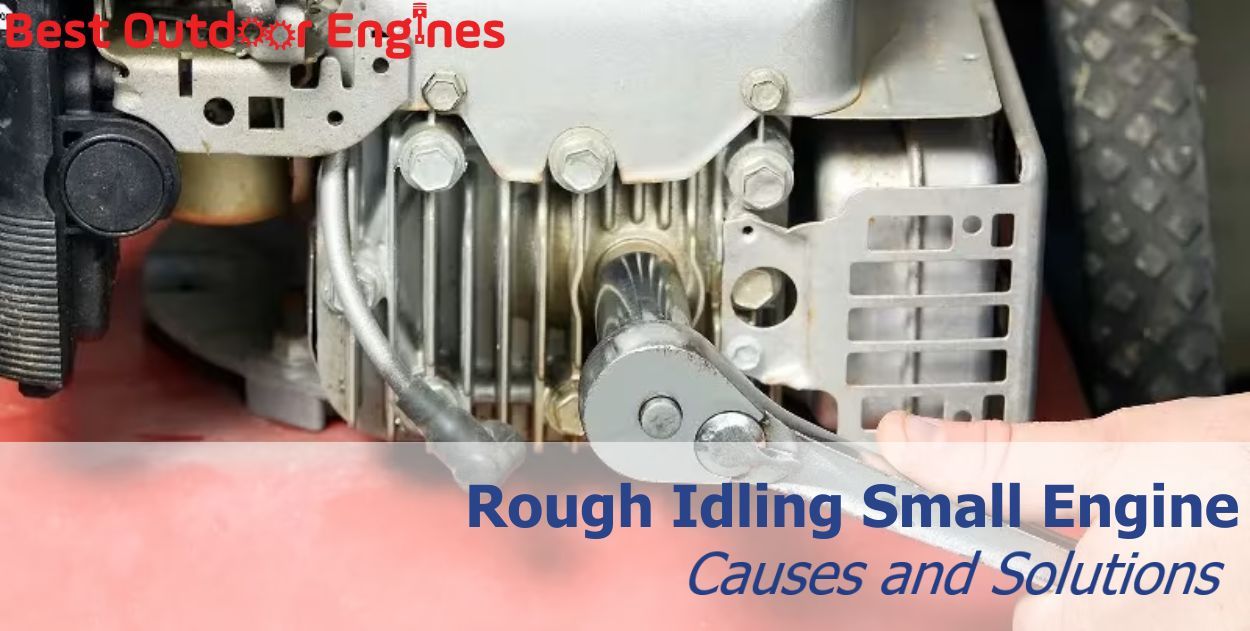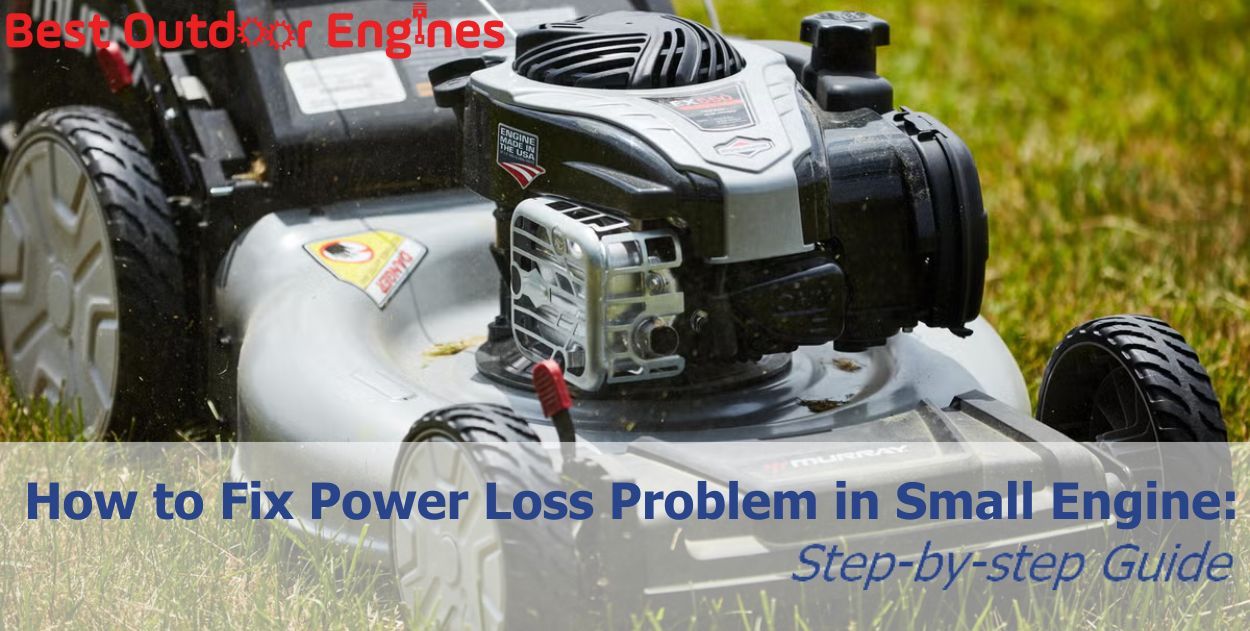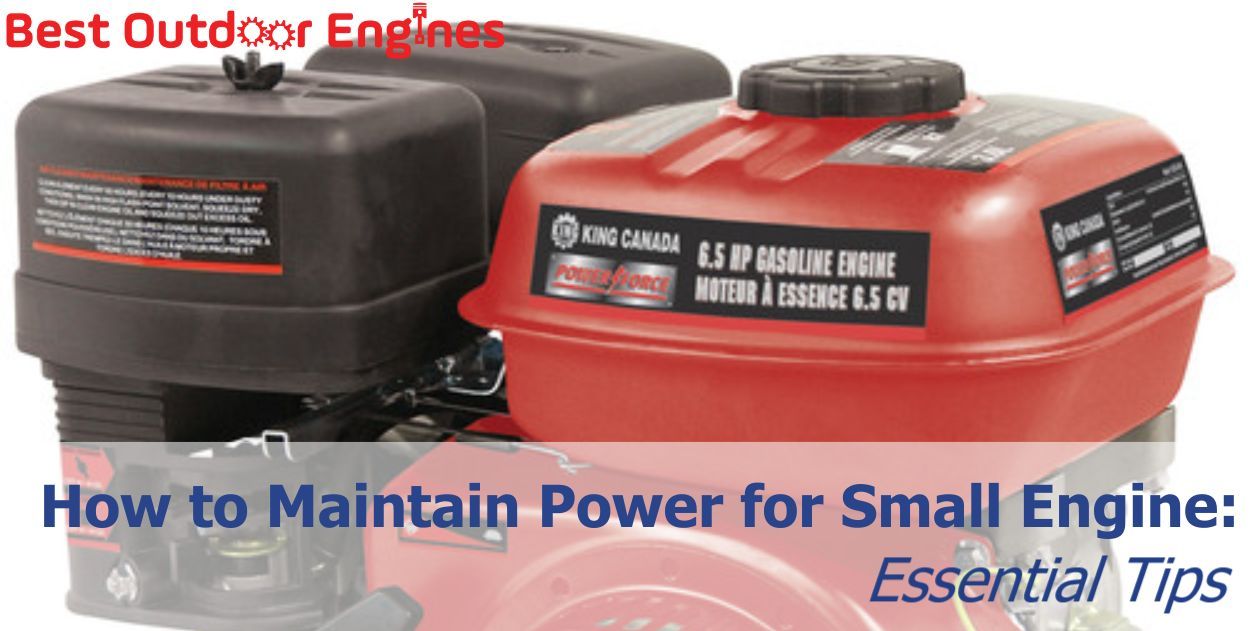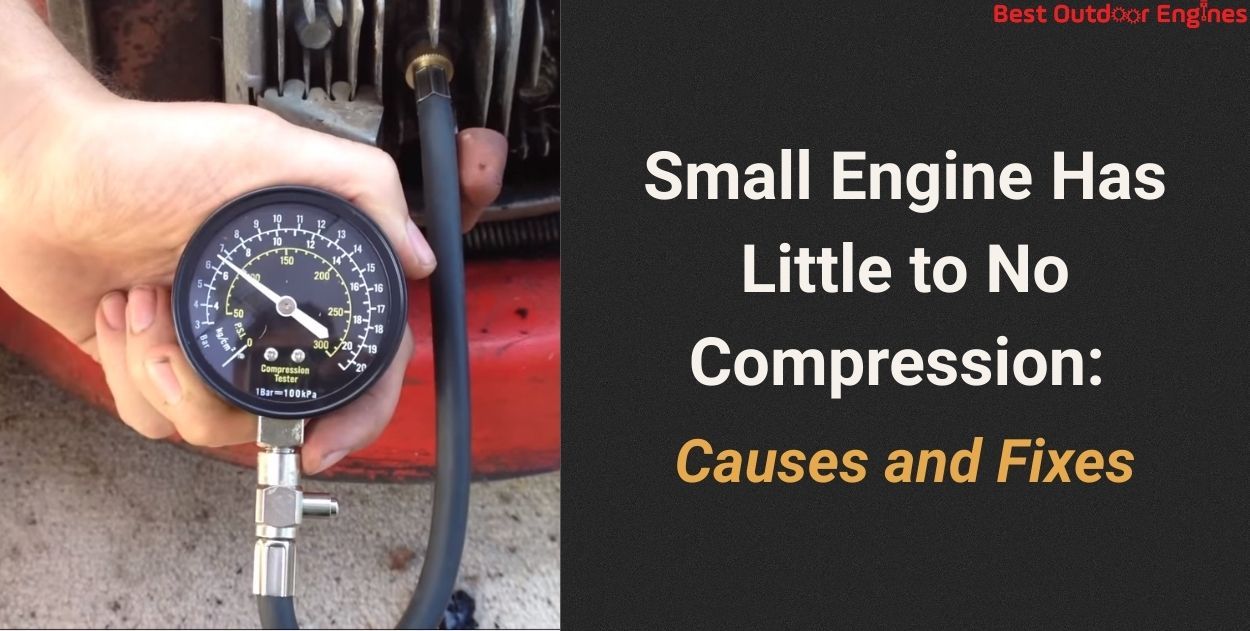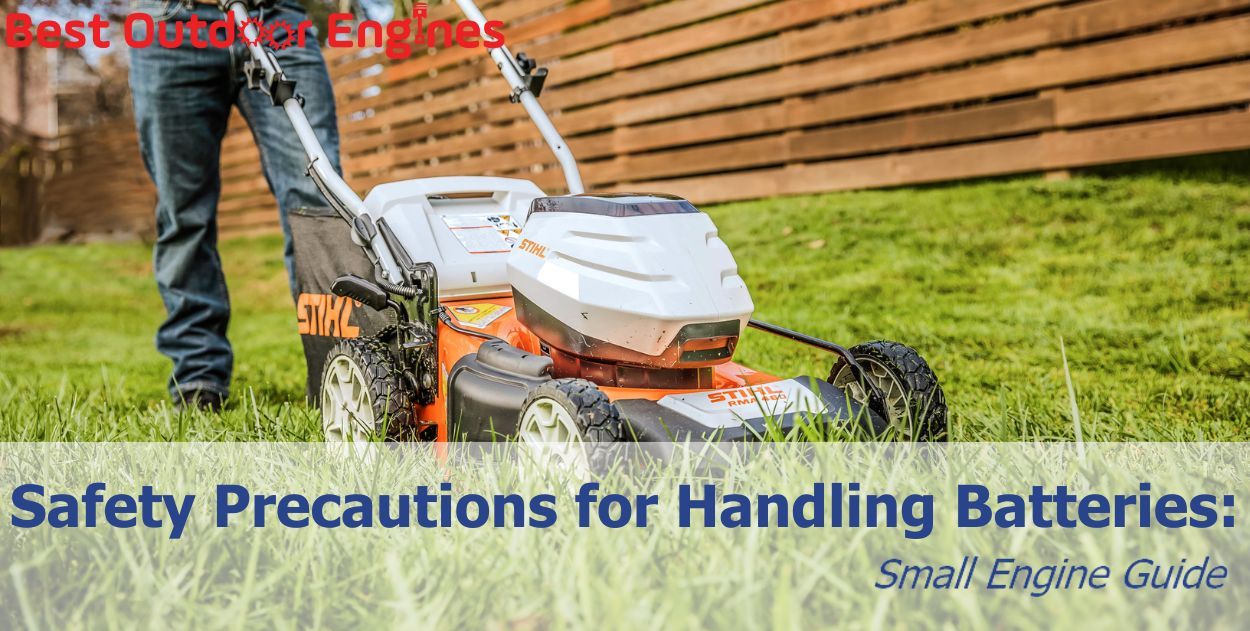How Long Can a Small Engine Run Without Oil: Simply Explained
Running a small engine without oil is akin to sending an athlete to run a marathon without water; both are essential for peak performance and longevity. Oil in an engine acts as a lubricant, reducing friction between moving parts, ensuring smooth operation.

How Important is Your Small Engine Oil?

Oil plays a critical role in the health and efficiency of small engines, found in lawn mowers, generators, and other machinery. It lubricates moving parts, minimizes friction, and helps disperse heat, preventing the engine from overheating.
The oil in your small engine is the unsung hero of its longevity and efficiency, akin to the lifeblood flowing through the veins of an athlete, vital for peak performance and resilience. This seemingly modest component plays a pivotal role in the health and functionality of your small engine, lubricating moving parts to reduce friction, wear, and tear. Just as proper hydration is essential for a marathon runner to prevent overheating and ensure endurance, the right oil in a small engine keeps it running smoothly, prevents overheating, and extends its lifespan.
Moreover, oil acts as a guardian of the engine's internal ecosystem, capturing and holding contaminants and by-products of combustion, much like a filter that purifies water, ensuring it remains safe and clean for consumption. This protective action keeps the engine's internal surfaces clean and free from damaging debris.

Primarily, small engine oils fall into two main categories: conventional and synthetic, each with its unique characteristics and advantages.
Conventional oil, much like a classic woolen sweater, offers reliable and traditional protection. It's derived directly from crude oil and provides adequate lubrication and protection for standard engine operating conditions. Ideal for engines with simple designs and moderate temperature operations, it's the go-to choice for everyday use in garden equipment and other small machinery.
On the other hand, synthetic oil is akin to high-tech, breathable outdoor gear, engineered to provide superior performance. Created through a complex chemical process, it offers enhanced viscosity, resistance to temperature extremes, and longevity, outperforming conventional oil in high-performance and high-temperature conditions. Its robust formulation ensures better protection against wear, making it a suitable choice for more demanding applications or extreme environments.
Each type of oil serves its purpose, much like the right clothing for the right weather, ensuring that your small engine is adequately dressed for its tasks, whether it be a leisurely stroll through the garden or a demanding trek through tough terrains.
Running a small engine without oil is akin to embarking on a marathon in the scorching sun without water—both scenarios spell disaster for the participant involved. Oil in an engine functions much like blood in the human body; it lubricates, cools, and cleans. Without it, the engine's internal components, such as pistons, bearings, and crankshafts, are left unprotected against the brutal friction and heat generated during operation.
This absence of lubrication leads to a dramatic increase in wear and tear. Metal parts grind directly against each other, causing rapid degradation of critical components. The heat generated from this friction without the cooling effect of oil can cause the engine to overheat, warp, and ultimately seize. When an engine seizes, its components weld together, halting function entirely, much like a dehydrated runner collapsing, unable to proceed.
Moreover, the lack of oil's cleansing action allows contaminants to accumulate, further exacerbating wear and corrosion. This dire scenario not only leads to a catastrophic engine failure but also incurs significant repair or replacement costs, turning a preventable maintenance step into a costly oversight.
Running a small engine without oil is incredibly risky and can lead to severe damage in a very short amount of time. Generally, an engine might survive for about 30 minutes without oil before the friction between the moving parts causes overheating and potential seizure of the engine. However, this is a dangerous situation that should be avoided at all costs, as the lack of lubrication can cause irreparable damage to the engine's components, potentially resulting in the need for costly repairs or even a complete engine replacement.

Preventing damage from running a small engine without oil hinges on a regimen of vigilance and proactive maintenance, akin to a gardener tending to a delicate plant to ensure its growth and vitality. The cornerstone of this preventive strategy is regular oil checks and changes, akin to ensuring a plant receives enough water and nutrients. Just as a gardener checks the soil moisture, you should routinely check the oil level using the dipstick, ensuring the oil is at the correct level and in good condition.
Incorporating the habit of inspecting the oil before each use acts as an early warning system, much like observing the leaves of a plant for signs of distress. This simple act can unveil potential issues before they escalate into serious problems. Moreover, adhering to the manufacturer's recommended oil change intervals is crucial. Over time, oil degrades and becomes less effective at lubricating and cooling the engine, similar to how a plant's nutrients are depleted from the soil.
Equally important is using the correct type of oil specified for your engine, akin to selecting the right fertilizer for a specific plant. Different engines require different oil viscosities and formulations for optimal performance and protection.
By adopting these proactive measures, you safeguard your small engine against the perils of running without oil, ensuring its longevity and reliability, much like a well-tended garden that flourishes season after season.
The question of how long a small engine can run without oil is less about the exact timeframe and more about understanding the immediate and detrimental effects of oil deprivation. The absence of oil, even for a short period, can lead to significant damage and potential engine failure. Regular maintenance and oil checks are not just recommended; they are essential for the longevity and reliable performance of your small engine.
1. What are the first signs of an engine running without oil?
The first signs include increased engine noise, overheating, and a noticeable decrease in engine performance.
2. Can an engine be saved after running without oil?
If the engine is stopped immediately after the oil loss is detected, it might be salvageable with extensive repairs, but often the damage is too severe for cost-effective repair.
3. How often should I check the oil level in a small engine?
It's best to check the oil level before each use, especially if the equipment is used sporadically.
4. What happens if I accidentally start a small engine without oil?
Immediate shutdown is crucial. Running an engine without oil for even a few seconds can cause damage, but the sooner it is turned off, the better the chances of minimizing the harm.
5. Is there any way to prevent oil loss in small engines?
Regular maintenance, including checking for leaks, ensuring the oil cap is secure, and replacing the oil and filter according to the manufacturer's recommendations, can prevent most causes of oil loss.

